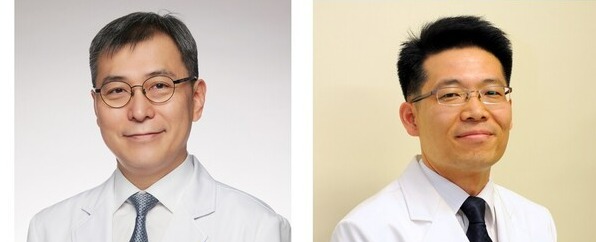A Korean research team found that the p300 protein, which regulates immune responses, is key to treating allergic asthma.

The joint research team, led by Professor Sohn Myung-hyun of Severance Hospital’s Allergy and Asthma Center and Professor Yoon Ho-geun of Yonsei University College of Medicine, announced Monday that the p300 protein triggers a regulatory T-cell response, reducing allergic-asthma severity.
Allergic asthma occurs when the body mounts an excessive immune response to external substances.
According to the research team, the p300 protein regulates GBP5-gene expression, strengthening the function of regulatory T cells -- which prevent excessive immune responses -- and maintaining this balance.
The team reached this conclusion using a mouse model of allergic asthma that lacked the p300 protein.
In this mouse model, they observed not only a reduced number of regulatory T cells but also diminished immune-suppressive function. Additionally, they noted excessive activation of helper T cells -- which assist other cells’ immune functions -- leading to airway inflammation.
To examine this process more closely, the team conducted chromatin immunoprecipitation (ChIP) and RNA-sequencing analyses. ChIP was used to determine which cell-activation processes p300 is involved in, while RNA sequencing identified which proteins were elevated in the affected cells.
The results showed that p300 influences GBP5-gene expression, which supports immune responses to viruses and bacteria. This, in turn, affects T-cell proliferation, suppression, and maintenance.
“This study confirmed that p300 affects GBP5-gene expression and regulatory T-cell growth. This helps suppress asthma exacerbation,” Professor Sohn said. “It suggests a direction for developing allergic-asthma treatments that target p300.”
The team published their findings in the latest issue of the American Journal of Respiratory and Critical Care Medicine.
Related articles
- Korean team 1st to explain how placental inflammation leads to allergies in children
- Persistent cough after a cold? It could be asthma, expert warns
- Yonsei Cancer Center, Seongae Hospital to expand virtual multidisciplinary care collaboration
- How Severance Hospital’s ob-gyn dept. used digital tools to withstand Korea’s doctor crisis

